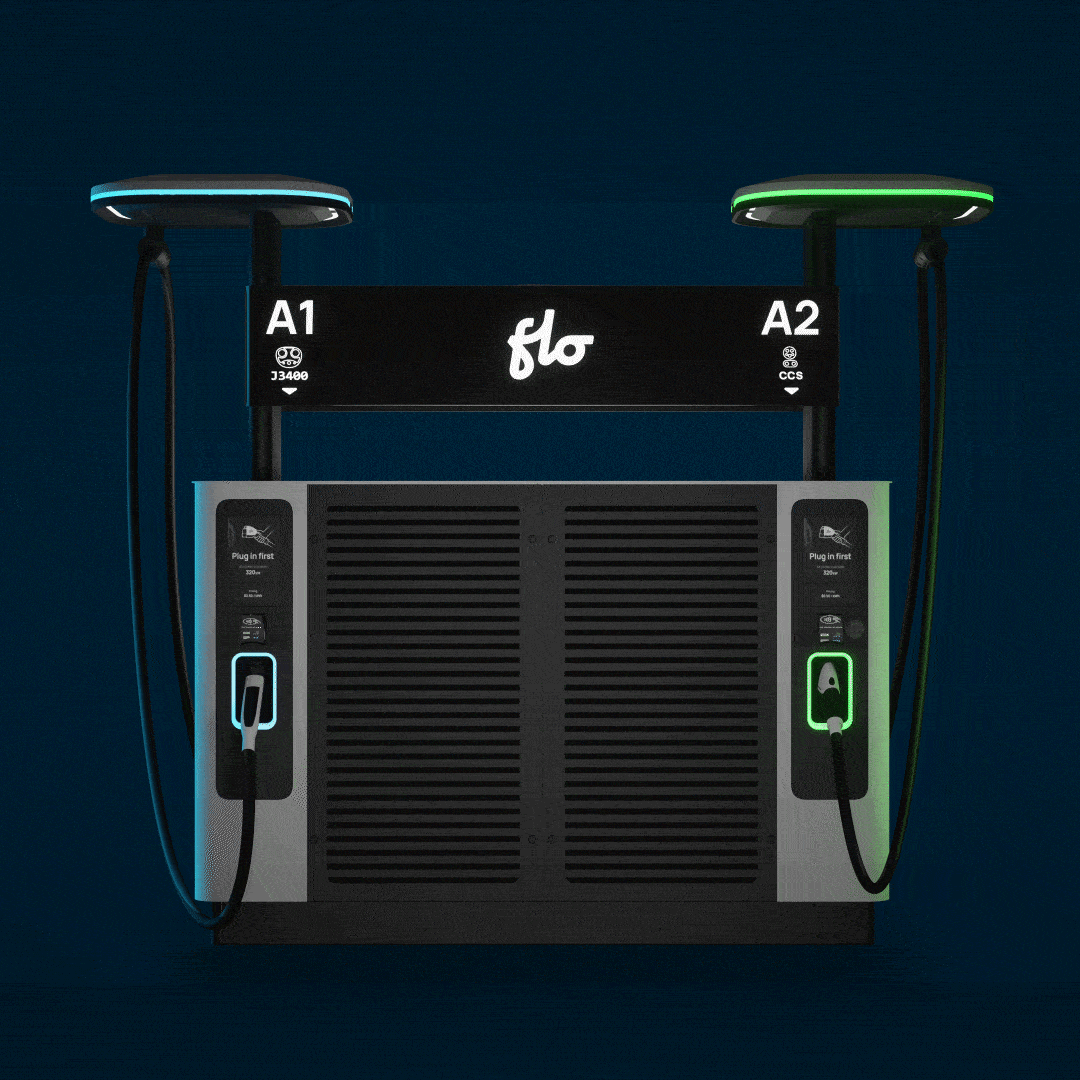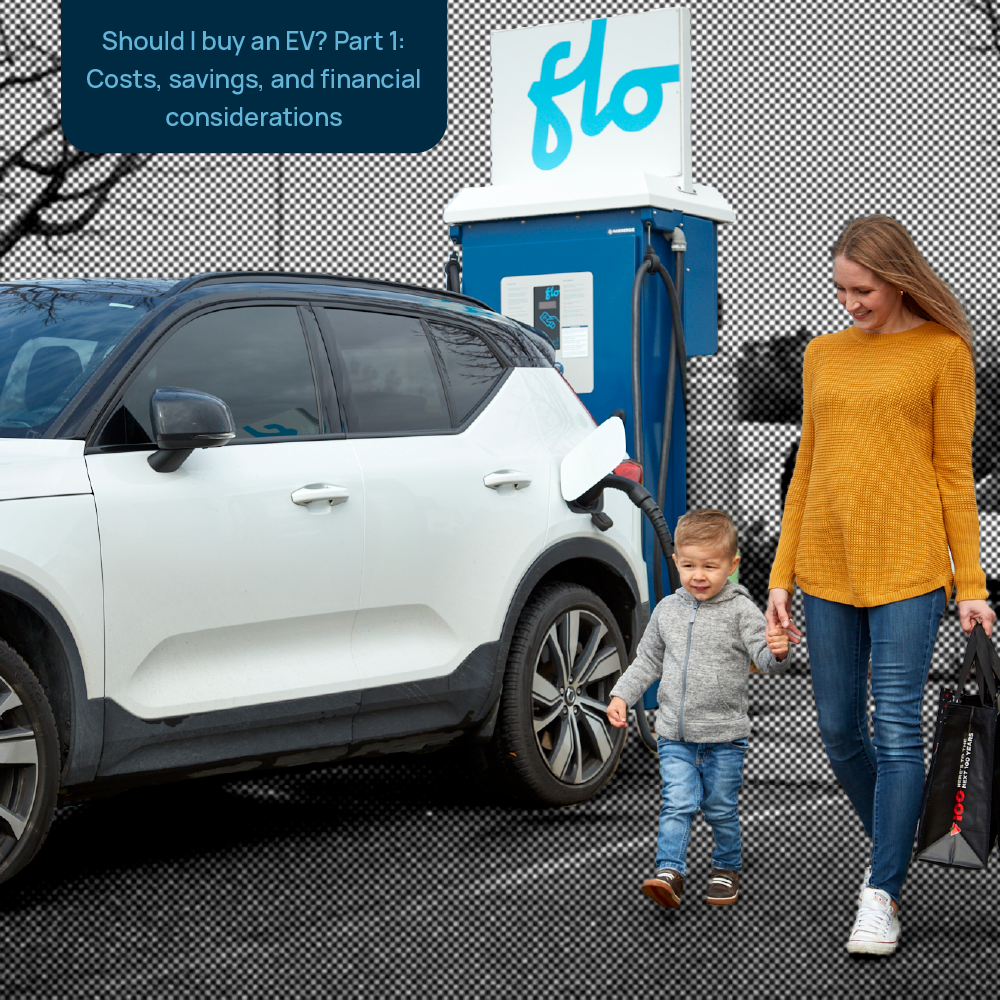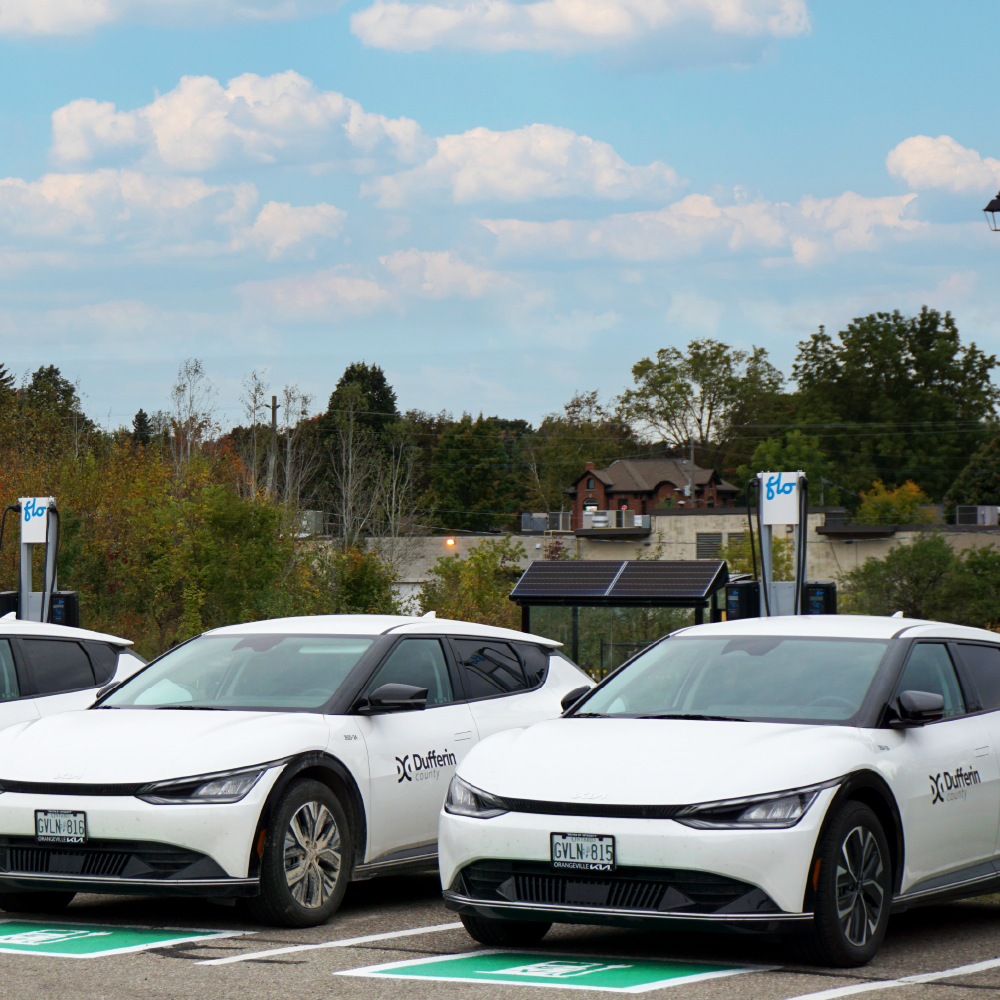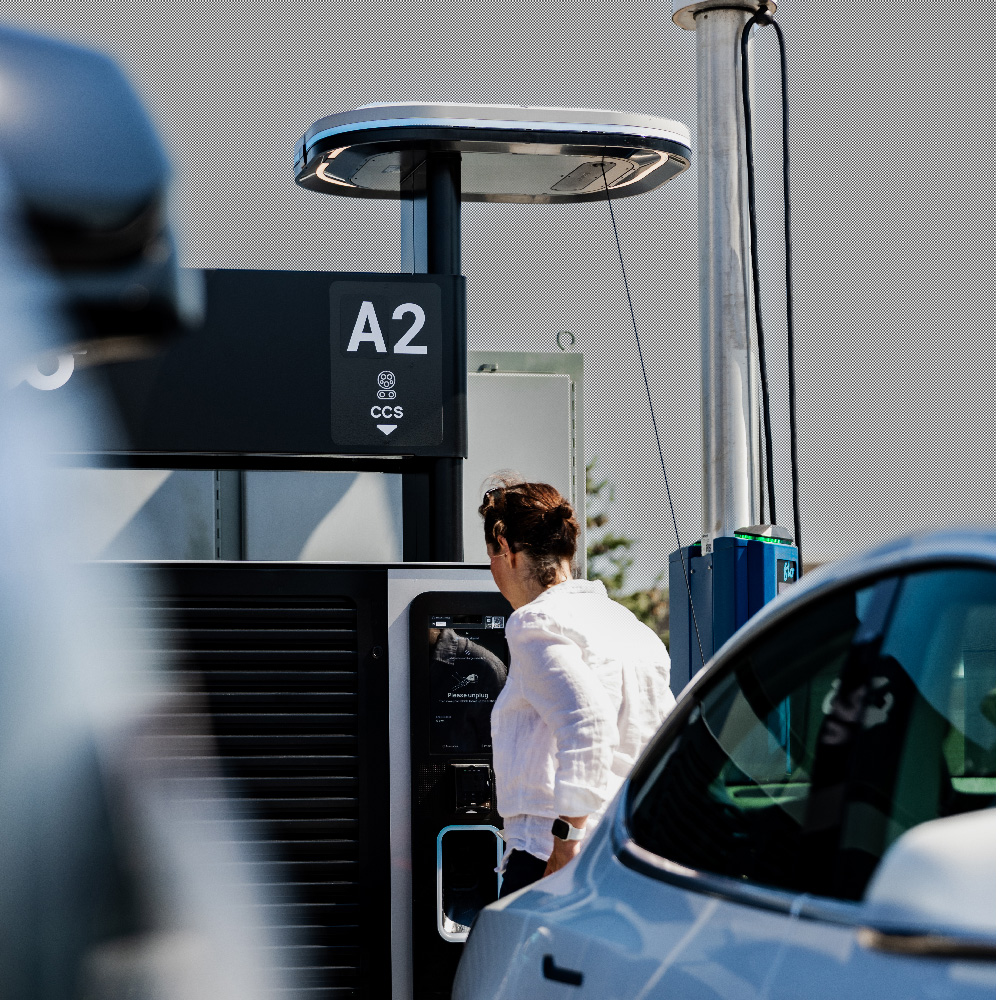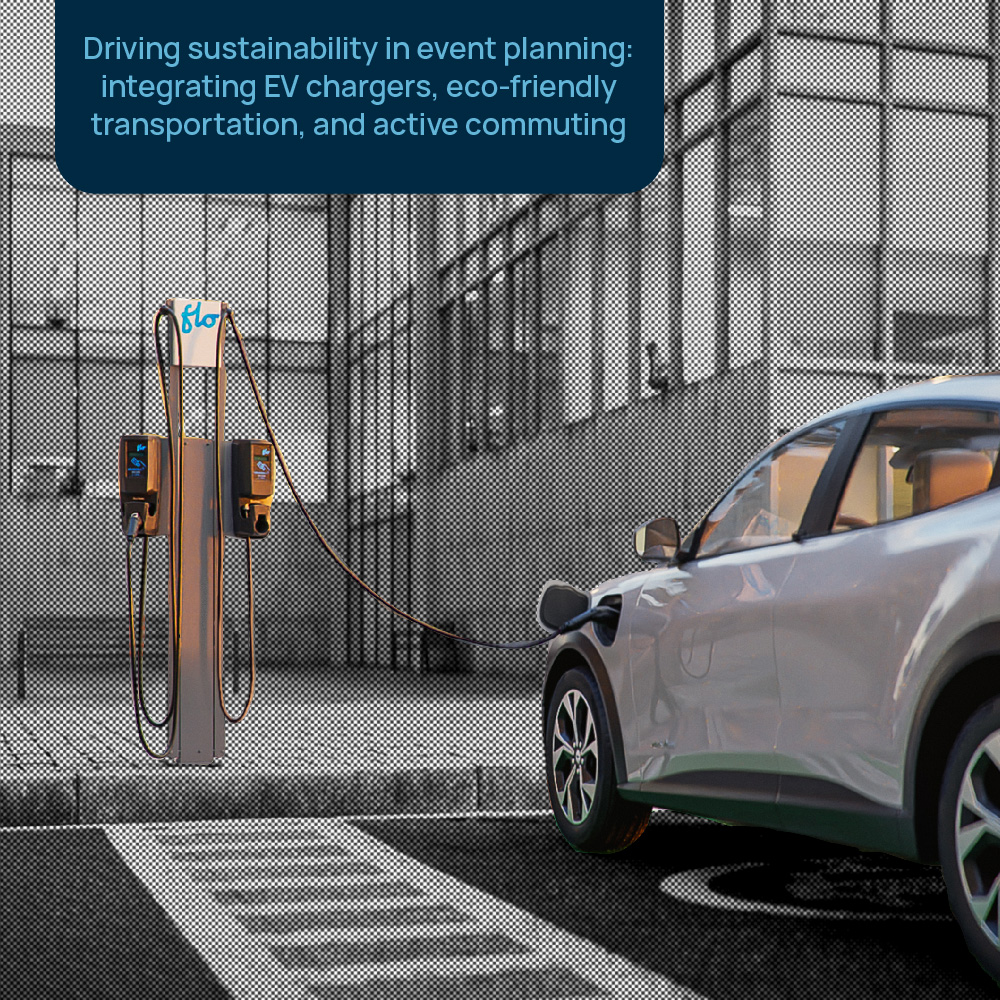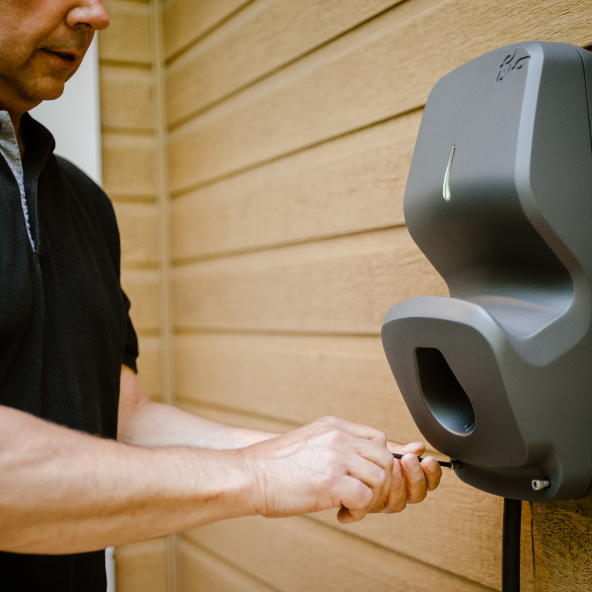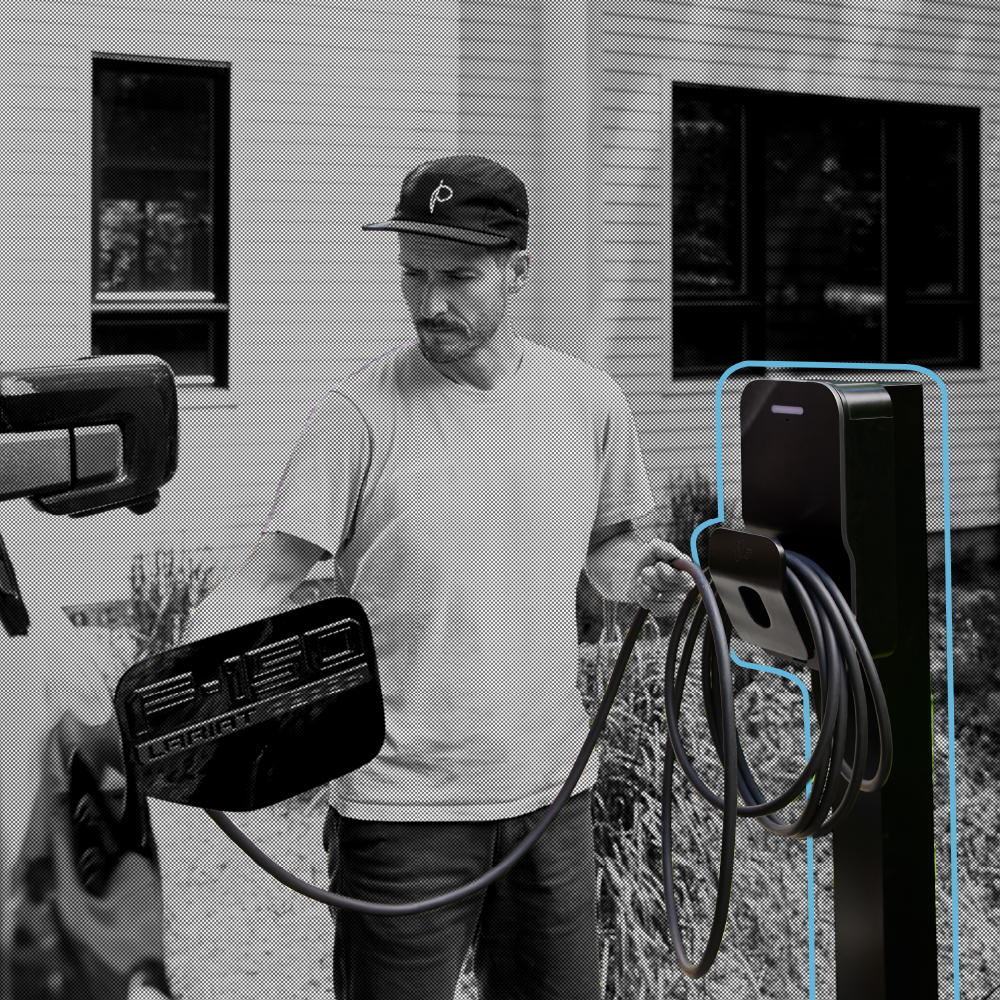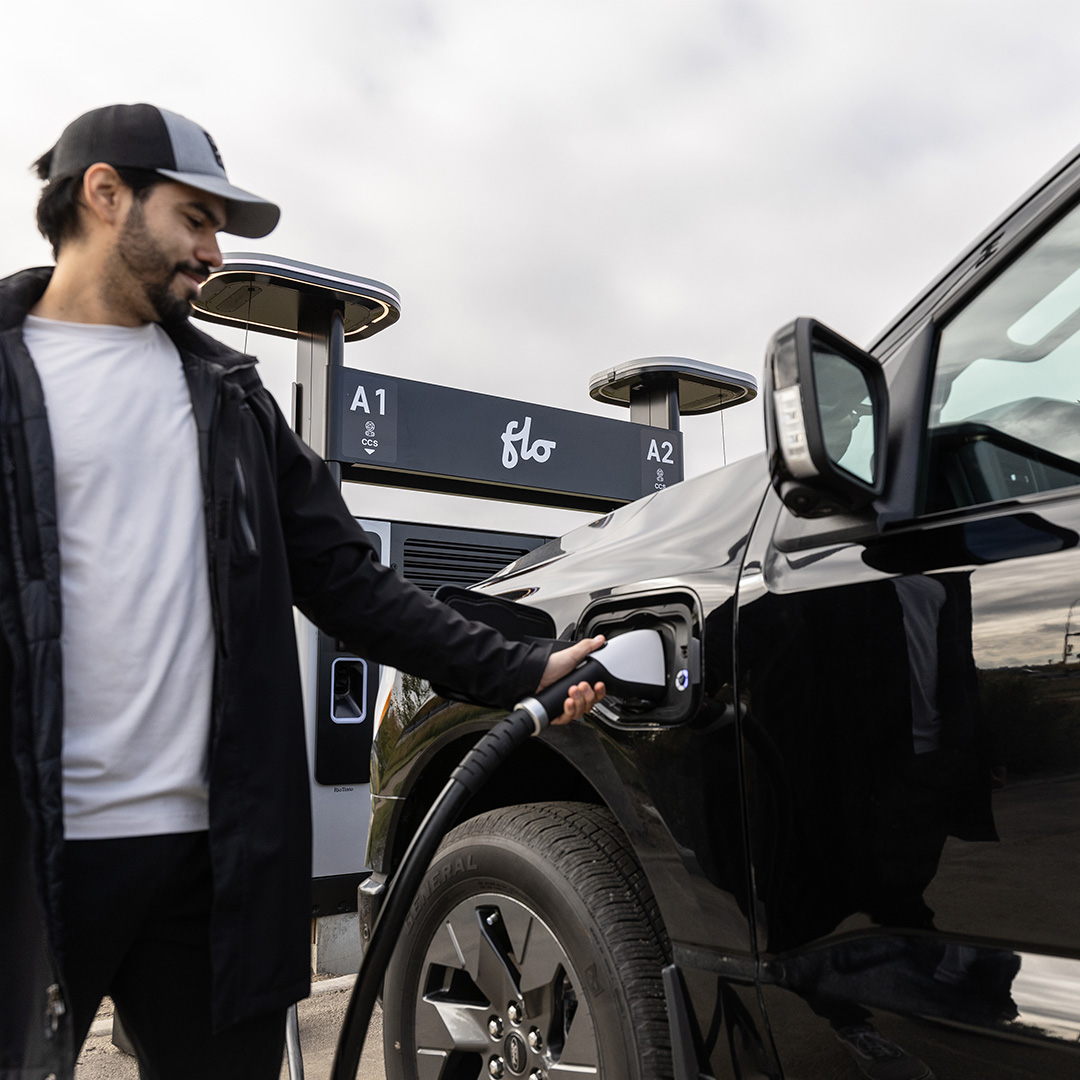- For EV Drivers
- For Business
- Incentives
- Alberta incentives
- British Columbia incentives
- Manitoba incentives
- New Brunswick incentives
- Newfoundland and Labrador incentives
- Northwest Territories incentives
- Nova Scotia incentives
- Nunavut incentives
- Ontario incentives
- Prince Edward Island incentives
- Quebec incentives
- Saskatchewan incentives
- Yukon incentives
- Products
- Insights
- Company
- Shop now
Should I buy an EV? Part 1: Costs, savings, and financial considerations
Should I buy an electric vehicle (EV)? It’s a big decision, and while environmental benefits are often a leading talking point, the real question is: can an EV fit seamlessly into my budget, my driving habits, and my life?
In this three-part series, we’ll guide you through the essential factors to consider when switching from a gas-powered car to an EV. In part 1, we’ll break down the financial aspects, from upfront costs to long-term savings. In part 2, we’ll look at how an EV can align with your driving habits and charging options. Finally, in part 3, we’ll explore less tangible factors like performance and personal values. By the end of this series, you’ll have a clearer sense of whether an EV is the right choice for you.
Budget: Short term spend, long-term save
When it comes to buying any car, budget is usually the deciding factor. EVs often come with higher upfront costs than traditional gas-powered cars, but the total cost of ownership (TCO) tells a different story.
Initial purchase cost
At first glance, the price tag of an EV might seem a bit higher, especially for models with long driving ranges. But let’s look at the numbers. The average new car price is $66,807 CAD and there are almost 50 different EV and PHEV models available below that price when factoring the federal EV rebate. EV prices are trending down as battery technology improves and more models and used vehicles hit the market. Some experts predict that EVs will reach price parity with gas cars in just a few years.
Financial incentives
One of the biggest advantages of buying an EV today is the financial incentives that governments offer. In the U.S., you may qualify for a federal tax credit of up to $7,500, depending on the model. Many states and local utilities also offer additional rebates, reduced registration fees, or perks like High-Occupancy Vehicle (HOV) lane access.
In Canada, federal rebates can reach up to $5,000, with some provinces offering additional rebates for both the car and home charger installations. These incentives can significantly reduce the initial cost, making EVs much more accessible than they might seem at first glance.
Long-term savings: fuel and maintenance
While the upfront cost of an EV might be higher, long-term savings are where EVs truly shine. Here’s why:
- Fuel costs: Charging an EV is usually much cheaper than filling up a gas tank. On average, EV drivers spend significantly less on energy per mile (or kilometer) than drivers of ICE vehicles. Whether you’re charging at home or using public level 2 stations, the cost per kilowatt-hour is typically far lower than gasoline.
- Maintenance: EVs have far fewer moving parts than ICE cars—no oil changes, fewer brake replacements (thanks to regenerative braking), and no exhaust system or transmission to worry about. This typically translates to about half as much in maintenance costs over the vehicle’s lifetime.
- Total cost of ownership (TCO): Studies show that when you factor in fuel and maintenance savings, the total cost of owning an EV over its lifetime can be lower than an ICE vehicle. Some reports suggest that the average EV owner could save upwards of $11,000 USD over the course of seven years, making the initial investment worthwhile.
Resale value and depreciation
Another consideration is resale value. In the past, EVs depreciated faster than ICE cars, partly due to concerns over battery life and the fast pace of technological improvements. However, as EV technology matures, resale values are stabilizing, especially for models with strong warranties on their batteries.
Read more: Assessing the battery health when buying a used EV
As you can see, the financial side of buying an electric vehicle goes beyond just the upfront price. With government incentives, long-term savings on fuel and maintenance, and the potential for better resale value, the total cost of owning an EV can be surprisingly competitive with traditional gas-powered cars.

